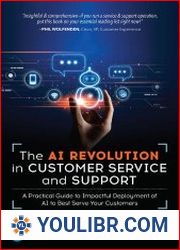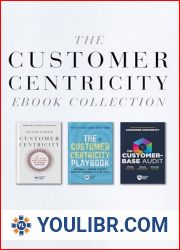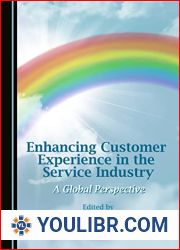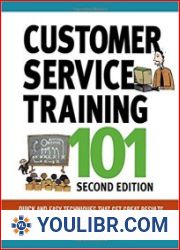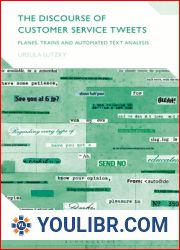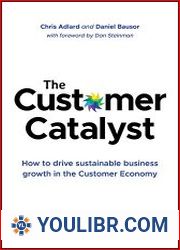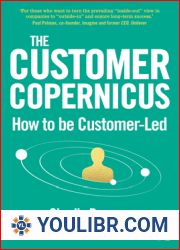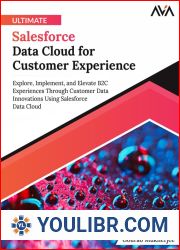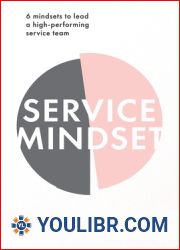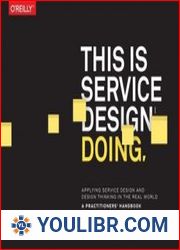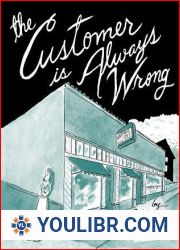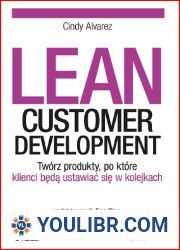
BOOKS - The AI Revolution in Customer Service and Support (Early Release)

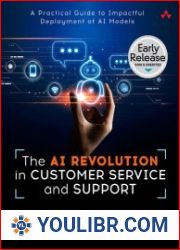
US $7.77

608427

608427
The AI Revolution in Customer Service and Support (Early Release)
Author: Ross Smith, Emily McKeon, Mayte Gonzalez
Year: 2024
Format: PDF | EPUB
File size: 10.3 MB
Language: ENG
Year: 2024
Format: PDF | EPUB
File size: 10.3 MB
Language: ENG
Generative AI has made amazing advances in the last year, and customer service and support is one of the most important areas where this new technology can have an immediate impact. While the technology is not yet in a place where it will fully replace agents and support engineers, it can do wonders to dramatically improve customer experience while also contribute to the optimization of productivity in various ways. This book help readers understand how and where to incorporate AI technology into the flow of the customer experience. In the 2020s and beyond, AI is entering a new frontier of generative technologies, which aim to create novel and realistic content, such as images, texts, sounds, and videos. Generative technologies use deep learning models, such as generative adversarial networks (GANs), variational autoencoders (VAEs), and large language models (LLMs), to generate content that is indistinguishable from human-produced content. Generative technologies have various applications, such as art, entertainment, education, and communication. One of the most exciting and challenging areas of generative technologies is natural language generation (NLG), which generates natural language text from a given input, such as an image, a keyword, or a prompt. Some of the most notable and influential LLMs include GPTs, BERT, XLNet, T5, and DALL-E, which have been developed and released by leading research labs and companies, such as OpenAI, Google, Facebook, and Microsoft. LLMs have also enabled and inspired the creation and innovation of various applications and products, such as chatbots, assistants, recommender systems, content generators, summarizers, translators, analyzers, or synthesizers, which have been deployed and adopted by various industries and sectors, such as education, health, business, media, entertainment, or art, among others.







